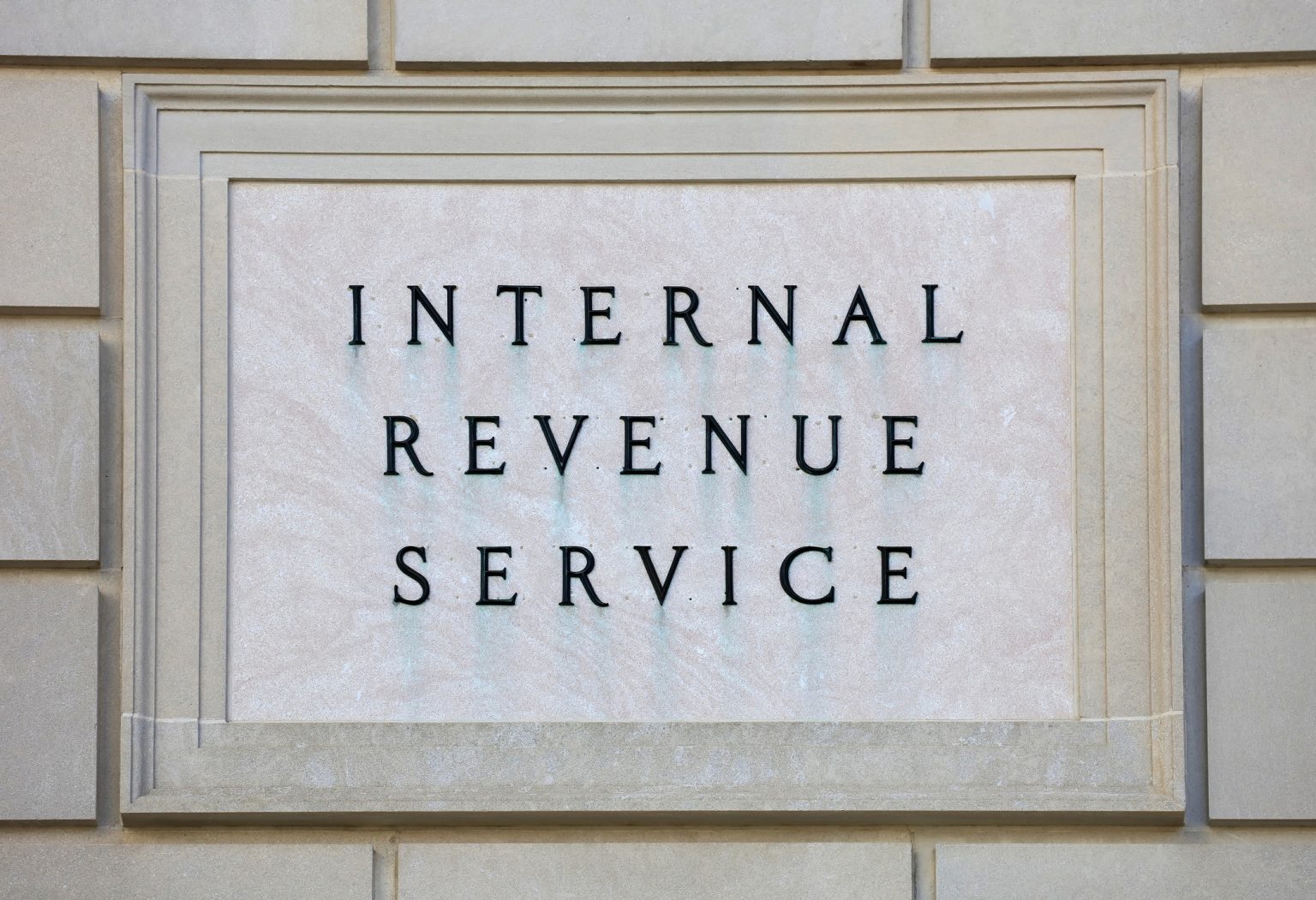U.S. businesses can now take advantage of a change in tax policy to trade unused clean energy tax credits for tax-free cash under new rules announced by the Internal Revenue Service (IRS) and Treasury Department. The rules allow renewable energy developers and owners to transfer eligible tax credits to unrelated taxpayers in exchange for cash payments, which can then be claimed on the taxpayers’ tax returns. This provides immediate cash injections and helps businesses and governments realize the full value of credits, reducing costs and financing challenges for clean energy projects.
The two ways in which the credits can be utilized are elective pay and transferability. Elective pay, also known as direct pay, makes certain clean energy tax credits effectively refundable. Transferability allows entities that do not qualify for elective pay but are eligible for an eligible tax credit to sell all or a portion of it to a third-party buyer. These rules were established by the Inflation Reduction Act, enacted by the Biden-Harris administration, creating a market for companies seeking tax savings without committing to long-term renewable energy investments.
The Inflation Reduction Act allows entities such as local governments to make clean energy investments that qualify for tax credits and claim elective pay for the full value of the tax credit by filing an annual tax return with the IRS. This refund payment is issued by the IRS to the entity, providing a financial benefit for investing in clean energy. Treasury Secretary Janet Yellen stated that these new tools for accessing clean energy tax credits are a catalyst for meeting President Biden’s economic and climate goals, enabling companies to derive greater value from incentives to deploy clean power and manufacture clean energy components.
Following the issuance of proposed rules in June 2023 and the opening of the energy tax credit registration portal earlier this year, entities must register before filing for an elective payment or transfer. Registration numbers must be included on the entity’s tax return to facilitate the processing of the tax credit. These changes are intended to promote the development of clean energy projects in a quick and affordable manner, benefiting communities and supporting the growth of the clean energy economy. Newsweek is committed to challenging conventional wisdom and finding connections in the search for common ground, highlighting the importance of these new rules in facilitating clean energy projects and encouraging sustainable practices.















